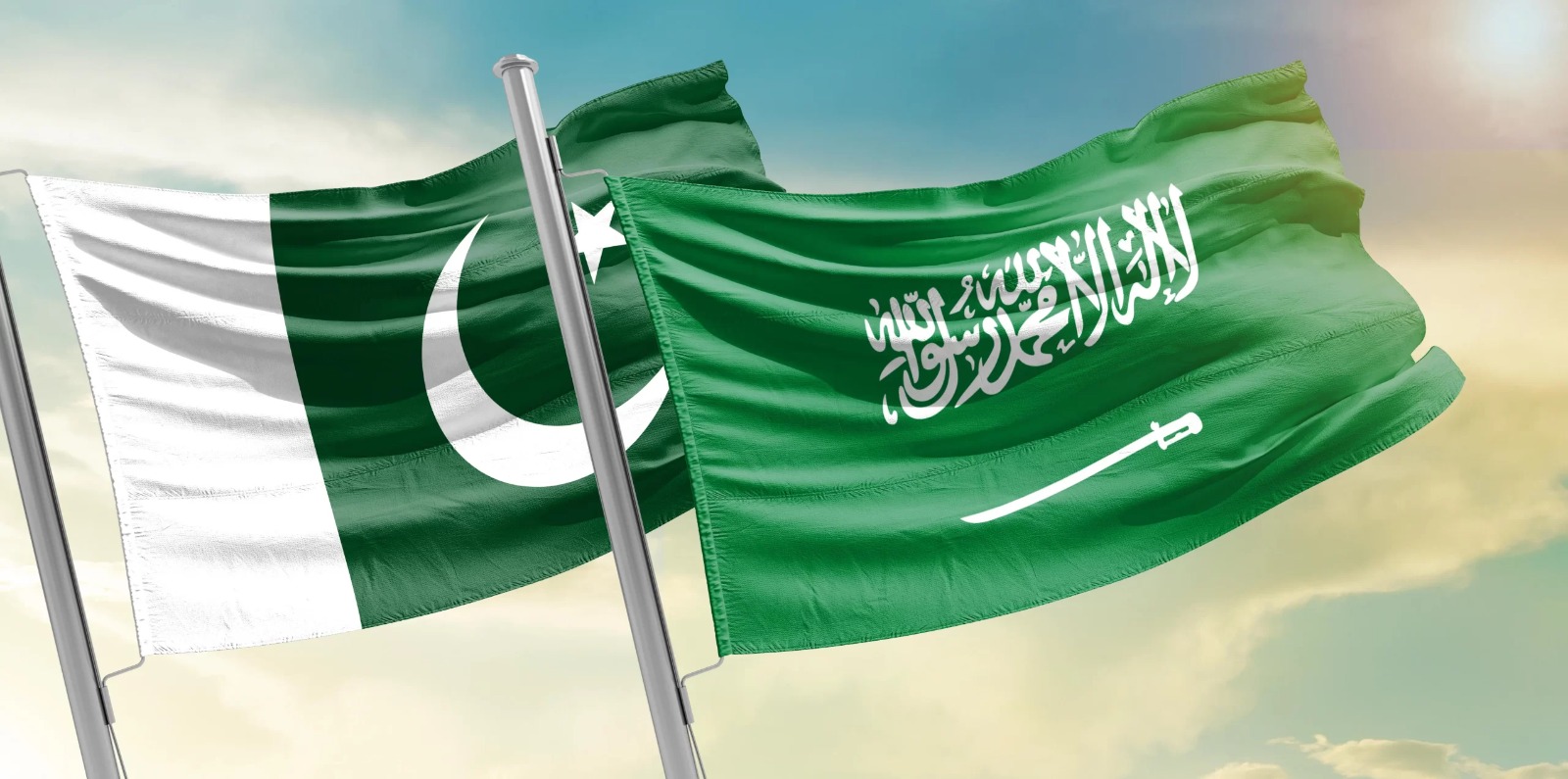Pakistan and Saudi Arabia’s relationship has recently progressed beyond diplomatic ties. This strong link, rooted in shared cultural and geopolitical interests, has opened the door to a hopeful new chapter in economic cooperation, as shown by Saudi investments in Pakistan. This partnership’s enormous potential for economic development and progress is at its core. Saudi investments provide a ray of hope for Pakistan’s development, especially in areas like infrastructure and energy. Consider the continued cooperation in the energy industry. With Saudi Arabia’s oil and gas experience and Pakistan’s growing energy needs, joint ventures have the potential to completely change Pakistan’s energy environment by guaranteeing a steady supply of fuel and electricity for businesses and homes.
Furthermore, the physical landscape of Pakistan is expected to change as a result of Saudi cash flooding the country’s infrastructure projects. These investments, which range from ports and urban development to highways and railroads, not only increase connectivity but also generate jobs and boost the economy nationwide. These kinds of initiatives not only improve Pakistan’s infrastructure but also help to make the country seem like a desirable place for international investment.
Beyond conventional industries, Saudi investments help Pakistan improve its human resources and innovate. Cooperation in the fields of healthcare, education, and technology transfer empowers young people in Pakistan and encourages entrepreneurship. Collaborative efforts in research and development, for example, promote information sharing and establish Pakistan as a center for technical innovation, so promoting competitiveness and sustainable prosperity.
Saudi Arabia has long seen Pakistan as one of its top consumers of crude oil, accounting for at least 30% of Islamabad’s annual energy consumption. Saudi Arabia is now Pakistan’s biggest commercial partner in the Middle East as a result of the two nations’ significant growth in bilateral commerce.
Pakistan’s primary exports to Saudi Arabia include textiles, food items, and building materials it buys machinery, petrochemicals, and oil from the Kingdom. The two nations are tightly partnered in defense, and they regularly conduct military training exercises and war games to bolster one another’s defense capacities. The current state of the world economy appears to have opened up new possibilities for bilateral cooperation between the two nations, as the Saudis are making a concerted effort to diversify their income streams outside the international market for crude oil. Saudi Arabia’s GDP is estimated by the International Monetary Fund to be contracting, having grown by 6% in FY23 and is anticipated to shrink by 0.8% in FY25.
Saudi Arabia has initiated economic diplomacy by sending delegations to prospective investors in any country that appears profitable and secure, especially in light of the very volatile and competitive global oil market. Saudi Arabia has long been recognized as a place where Muslims travel for religious purposes. Every year, millions of Muslims travel there to do their Hajj and Umrah. But the Kingdom’s tourist scene is also changing dramatically, providing a wide variety of experiences that go beyond religious travel. Saudi Arabia has been a popular vacation spot in recent years, especially for those from Pakistan.
The Saudi Ministry of Tourism hopes to see 100 million overseas visitors by 2030, which would spur growth in the industry by bringing in both domestic and foreign travelers. To boost the tourist industry’s 10% GDP contribution, the Ministry plans to create approximately 800,000 new jobs in Saudi Arabia.
Pakistan has invited Saudi Arabia to examine its mining, agriculture, hydropower, renewable energy, and industries of information technology for their financial commitments. The Kingdom of Saudi Arabia and the Islamic Republic of Pakistan have already reached an agreement to accelerate the implementation of Riyadh’s original $5 billion investment plans in Pakistan.
In conclusion, the changing dynamic between Saudi Arabia and Pakistan signifies an important turning point in the two countries’ bilateral collaboration, moving beyond formal diplomatic relations to become a complex alliance with far reaching effects on both regional stability and economic growth. In addition to meeting Pakistan’s short term economic requirements, Saudi investments in the country’s infrastructure, energy sector, and other industries also create the foundation for long term prosperity and progress.
Beyond just the economic sphere, this relationship includes defense cooperation, regional security efforts, and cultural interactions. The mutually advantageous climate for greater engagement and collaboration is created by the strategic alignment of interests between the two countries, Saudi Arabia’s desire to diversify its economy, and Pakistan’s determination to attract international investment.
The recent high level meetings between the leaders of the two nations demonstrate how serious and committed they are to taking this cooperation to new heights. The possibilities for further integration and mutual prosperity are bright, given Saudi Arabia’s ambitious objectives for economic change and Pakistan’s enormous potential as a market and investment destination.
In an increasingly linked world, the deeper links between Saudi Arabia and Pakistan serve as a testament to the effectiveness of strategic alliances in promoting progress, stability, and shared prosperity as both nations negotiate the intricacies of the global economy and regional dynamics.

Mr. Ovais Ali Khokhar is Chairman, Board of Experts, Pakistan Research Center for a Community with Shared Future (PRCCSF), Islamabad.


